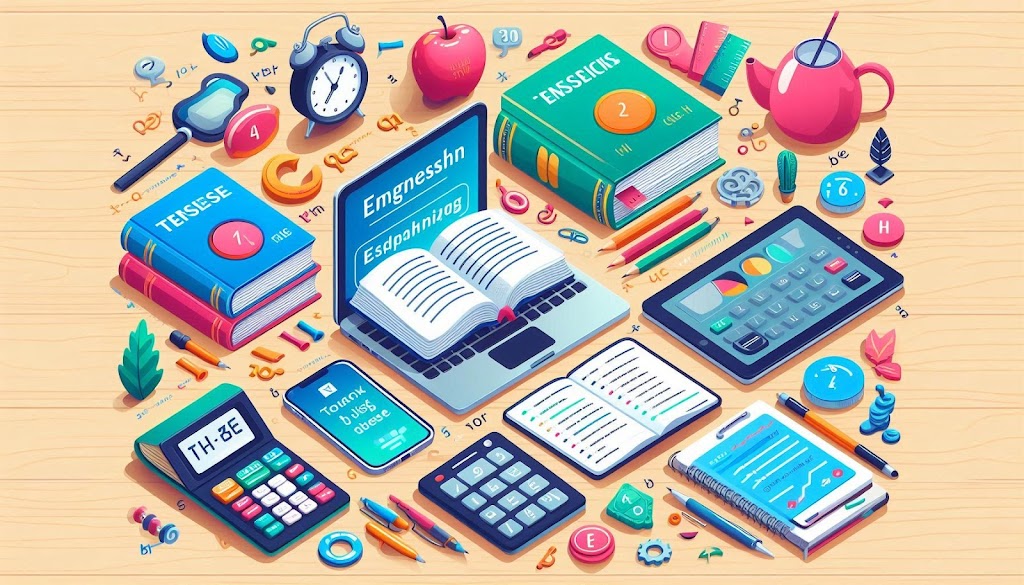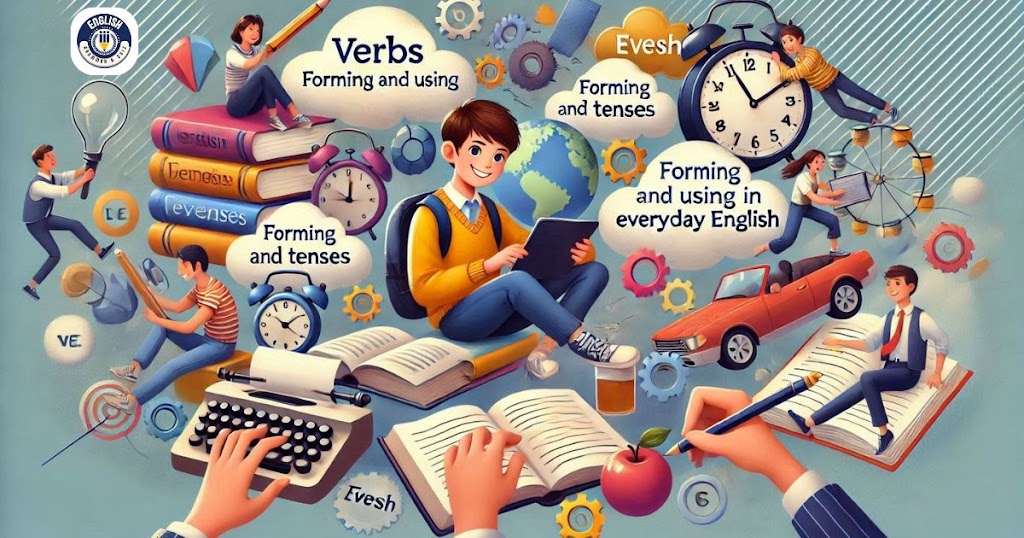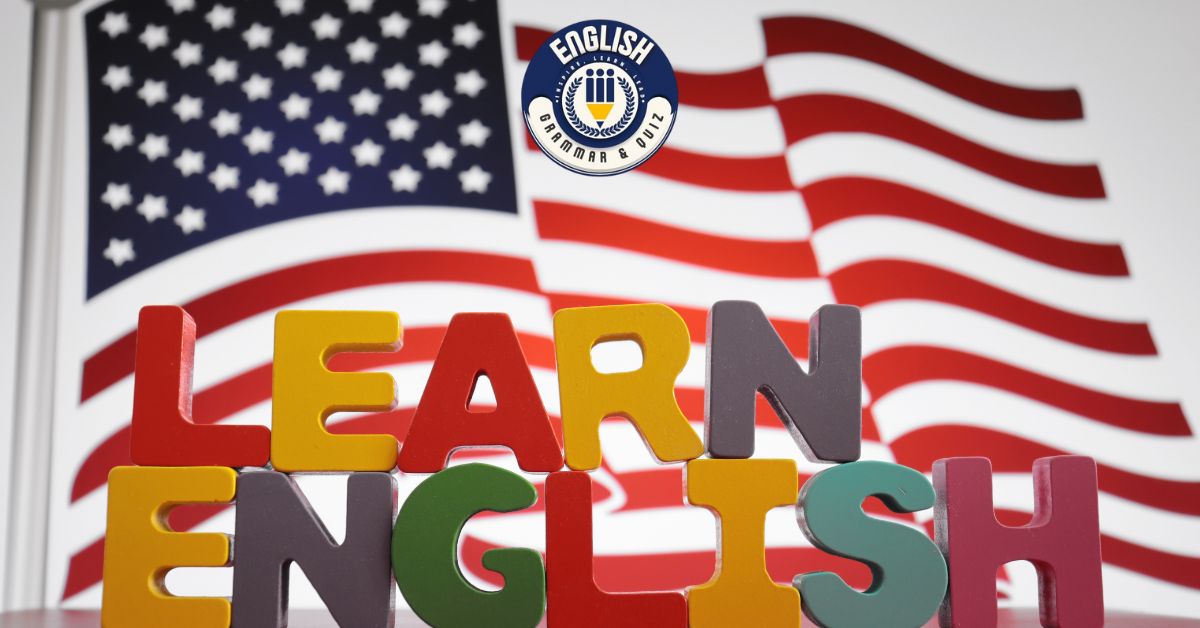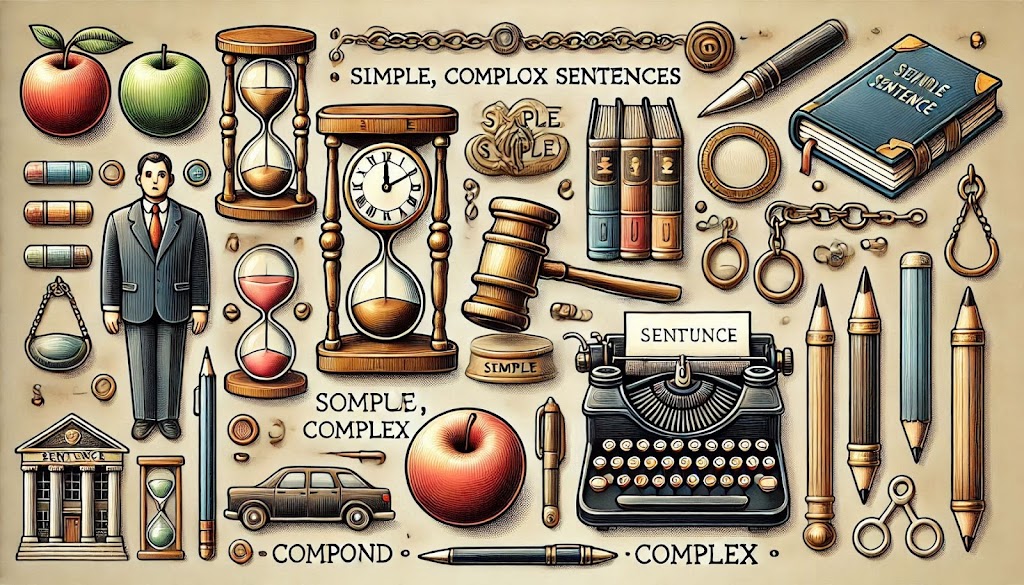Welcome to my website! Here, we’ll explore the fascinating world of English grammar together. Whether you’re a beginner or looking to refine your skills, I’m here to guide you through the essentials of grammar with clear explanations and plenty of exercises to help you practice.
In this post, we’ll begin with Tenses. Tenses are a crucial part of grammar as they allow us to convey the timing of actions, events, and conditions. Understanding tenses is fundamental for mastering English, so let’s break them down and make learning fun!
 |
Understanding Tenses: A Brief Overview
There are three main types of tenses in English: Present, Past, and Future. These tenses are further divided into four subcategories, resulting in a total of twelve different tenses. Let’s take a closer look at each of these:
| Tense Type | Subcategories |
|---|---|
| Present Tense | Simple Present, Present Continuous, Present Perfect, Present Perfect Continuous |
| Past Tense | Simple Past, Past Continuous, Past Perfect, Past Perfect Continuous |
| Future Tense | Simple Future, Future Continuous, Future Perfect, Future Perfect Continuous |
Now, let’s dive into each tense category, starting with the Present Tense.
Present Tense
The Present Tense is used to describe actions or events that are happening now or regularly. It can also express universal truths or future events that are part of a fixed schedule.
1. Simple Present Tense
The Simple Present Tense is used to describe regular, habitual actions, general truths, or things that always happen. Here’s the formula:
Subject + V1/V5 + Object
- V1: go, come, play, etc.
- V5: goes, comes, plays, etc.
Examples:
- I go to the gym every day. (V1 with I, we, you, they)
- She goes to the gym every day. (V5 with he, she, it)
When Do We Use Simple Present Tense?
- To express general truths or facts:
- Example: The Sun rises in the East.
- To describe habitual or repeated actions:
- Example: She practices yoga every morning.
- To express scheduled future events:
- Example: The train leaves at 5 PM.
- For quotations, customs, or proverbs:
- Example: Gandhi says, “Follow the principles of Ahimsa.”
- To describe present actions in exclamatory sentences:
- Example: Here comes the bus!
Examples and Exercises
Let’s practice using the Simple Present Tense.
Exercise 1: Fill in the blanks with the correct form of the verb:
-
My father ______ the Hindu newspaper every morning.
a) read
b) reads
c) reading
d) will read
Answer: b) reads (habitual action) -
The Earth ______ around the Sun.
a) revolved
b) is revolving
c) revolves
d) will be revolving
Answer: c) revolves (universal truth) -
The Galaxy ______ of over 100 billion stars.
a) consists
b) consisted
c) is consisting
d) will consist
Answer: a) consists (general truth) -
Vijaya ______ tennis regularly.
a) will be playing
b) played
c) plays
d) has played
Answer: c) plays (habitual action) -
Priyansh and Latha ______ to the temple every day.
a) go
b) went
c) has gone
d) goes
Answer: a) go (habitual action)
Daily Vocabulary: Boost Your Language Skills
Building your vocabulary is just as important as mastering grammar. By learning new words each day, you expand your ability to express yourself more effectively.
Here are five vocabulary words to start using in your everyday conversations:
- Backpacking (n) – Traveling or hiking while carrying your belongings in a backpack.
- Porter (n) – A staff member at a hotel who helps guests carry luggage.
- Alighting (v) – To get off a plane or train.
- Hiking (n) – Walking long distances for pleasure or exercise.
- Ferry (n, v) – A boat used to carry passengers or goods over short distances.
Featured Snippet: Importance of Tenses
Tenses are essential in English as they tell us when something happens. By mastering tenses, you can confidently describe actions that are ongoing, completed, or will happen in the future. Each tense helps convey the right meaning and makes your speech or writing clear and accurate.
Frequently Asked Questions (FAQ)
1. What is the importance of tenses in English?
Tenses help us describe actions that happen at different times: past, present, or future. Mastering them makes your communication clear and accurate.
2. How can I improve my grammar skills?
The best way to improve is by practicing regularly. Do exercises, read extensively, and pay attention to how tenses are used in conversations and writings.
3. What is the difference between the present continuous and the present perfect?
The present continuous describes actions that are happening right now (e.g., I am reading), while the present perfect describes actions that have been completed at an unspecified time before now (e.g., I have read the book).
4. Can I use the present tense for future events?
Yes! The present tense can be used to describe future events that are part of a fixed schedule, such as meetings or classes. Example: The meeting starts at 10 AM tomorrow.
5. How can I remember all the tenses?
Start by learning one tense at a time. Practice with real-life examples and exercises. Over time, the rules will become easier to remember.
Conclusion
Learning grammar doesn’t have to be hard! With consistent practice, understanding tenses will become second nature. Remember, the key to mastering English grammar is practice. Keep revising, do exercises regularly, and soon you’ll feel confident using different tenses in your speech and writing






